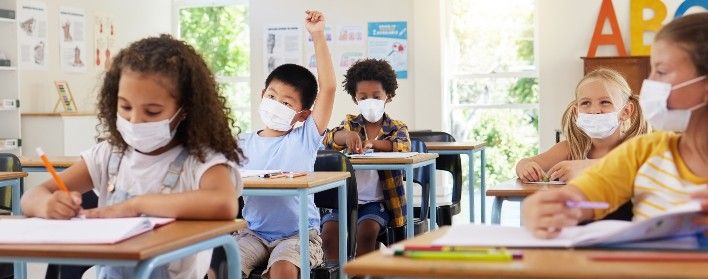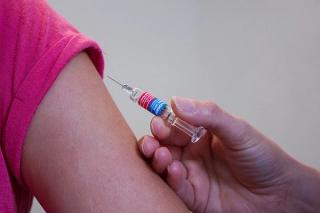
Personal Protective Equipment
Latest News

Latest Videos
CME Content
More News

In the first of this new series, IPC Pros Helping Each Other: When is the right time to unmask in long-term care? One IP explains how she and her facility unmasked and what led to their decision.

Infection preventionists come from many different backgrounds. However, many left the field during the COVID-19 pandemic. It will require creative methods to preserve existing IP staff and educate those entering the field.

“It doesn't matter if the public health emergency goes away or not. Because we haven't taken advantage of the public health emergency over the last 2 years to understand and address the gaps quite apparent to every American out there.”
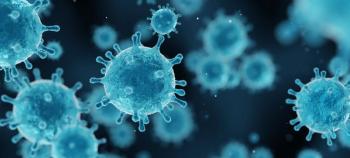
Establishing a permanent system for monitoring the persistence and emergence of dangerous pathogens is necessary, especially COVID-19.
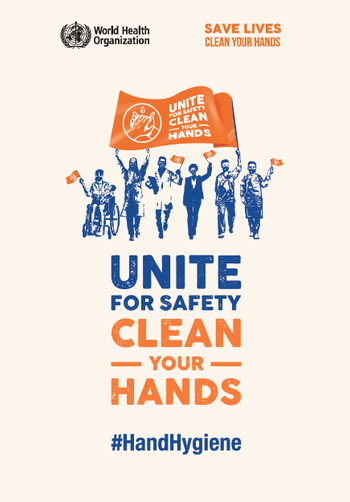
Maintaining proper hand hygiene is crucial in ensuring our safety and that of those around us and is rightly celebrated worldwide.

To prevent the spread of C auris, the CDC recommends that IPs and environmental hygienists play a critical role. In this interview, the medical scientists clarify what specific actions they should take.

A study published in AJIC describes how one health care system implanted an initiative by their IPs to prevent the health care-acquired infections when COVID-19 loomed over their work.

Unlike hospitals, ambulatory settings have traditionally lacked adequate infrastructure and resources to support infection prevention and monitoring.

Kevin Kavanagh, MD, discusses how Russian bots have tried to convince the United States public that masking is unnecessary. What do the latest studies say?

Since the Marburg virus is deadly, what would it be like to work with it in a laboratory setting? And what can be done to protect those who work with patients with Marburg?
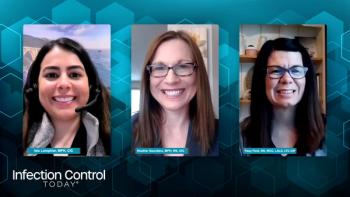
Experts in infection prevention review PPE standardization practices and Heather Saunders, MPH, RN provides her key takeaways for other healthcare practitioners on best practices related to PPE.
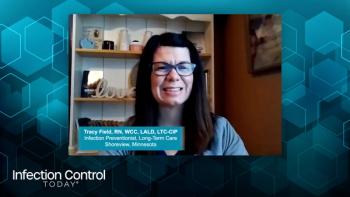
Isis Lamphier, MPH, CIC, reviews PPE considerations relating to surgical smoke and Tracy Field, RN, WCC, LALD, LTC- CIP shares her thoughts on the universality of masks and other protective equipment for transmissible viruses.
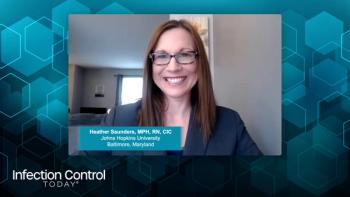
Infection preventionists, Heather Saunders, MPH, RN, CIC; Tracy Field, RN, WCC, LALD, LTC- CIP; and Isis Lamphier, MPH, CIC provide their thoughts on the best approaches regarding the removal of contaminated PPE.

International Infection Preventionist Day is a time to recognize the critical work of infection preventionists and to raise awareness about the importance of infection prevention in protecting public health.

The decline in the overall health of United States citizens has been blamed on good public health strategies, but the data doesn't support that idea. So, what does the data show? ICT examines what studies show.

Experts in infection prevention discuss PPE quality and highlight considerations relating to assessing appropriate levels of PPE contamination.
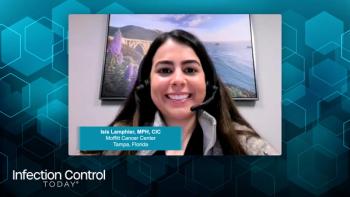
Heather Saunders, MPH, RN, CIC; Tracy Field, RN, WCC, LALD, LTC- CIP; and Isis Lamphier, MPH, CIC, review CDC, OSHEA, NIOSH, and American Society of Testing and Materials guidelines to selecting PPE and best practices for donning and doffing PPE.
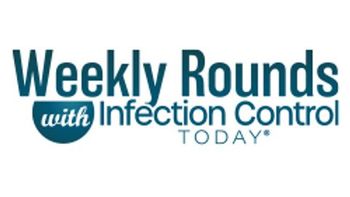
Take 5 minutes to catch up on Infection Control Today®’s highlights for the week ending April 2, 2023.

Experts in infection prevention discuss how PPE protects both the wearer and others, and how a well-fitting mask ensures high protection from germs and other infectious substances.

Heather Saunders, MPH, RN, CIC; Tracy Field, RN, WCC, LALD, LTC- CIP; and Isis Lamphier, MPH, CIC, review the articles considered as personal protective equipment (PPE) such as masks, gowns, and gloves.
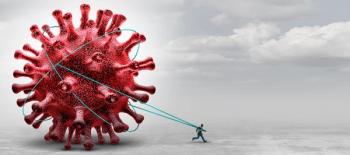
NIH News Release: "...findings suggest that SARS-CoV-2 infection damages the CD8+ T cell response, an effect akin to that observed in earlier studies showing long-term damage to the immune system after infection with viruses such as hepatitis C or HIV."

Take 5 minutes to catch up on Infection Control Today®’s highlights for the week ending March 19, 2023.

How did first responders and firefighters navigate the COVID-19 pandemic and its aftermath? Two firefighters/EMTs describe what that time was like for them.
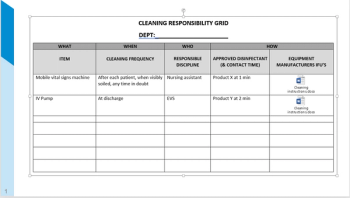
Doe Kley, MPH, RN, CIC, LTC-CIP, T-CHEST, does a deep dive into what the key priorities infection preventionists and environmental hygienists should focus on in 2023. This is the first of 3 installments.

What do infection prevention and control personnel need to know about preparing for future pandemics? Maureen Hennessey, PhD, CPCC, CPHQ, SVP, and Cynthia Miller, MD, MPH, discuss their thoughts with ICT.


